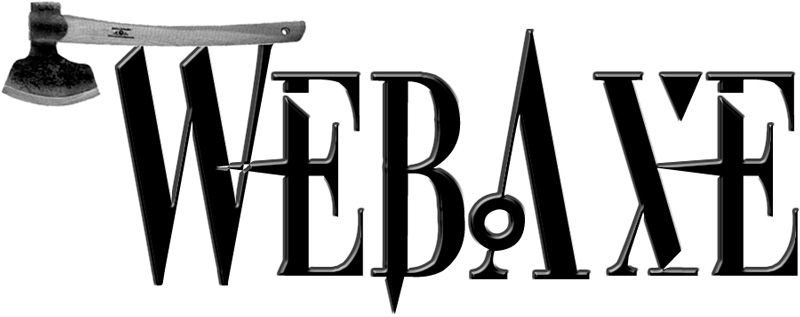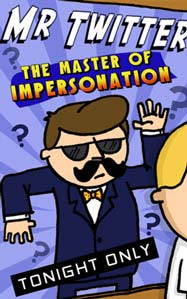Here are some great web accessibility-related events for the remainder of the year. Know any others?
HCI International 2011: Universal Access in Human-Computer Interaction
July 12-14
Orlando, Florida (Hilton Orlando Bonnet Creek)
ARIA & jQuery UI Accessibility Hackathon
July 11-12
Toronto, Canada (Inclusive Design Research Centre, OCAD University)
Open Web Camp III
Saturday, July 16, 8:30AM to 5PM PST
Stanford University, Palo Alto, CA
Twitter: @openwebcamp #owc3
Accessibility Camp Montreal
August 26, 2011
Montreal, Canada
Twitter: @A11yMTL
Boston Accessibility Unconference
Saturday, September 17, 10am to 5pm EST
Twitter: @a11ybos
Accessibility Camp Toronto
Saturday, September 24
Toronto, Canada (downtown, specific location to be announced)
Twitter: @A11yCampTO Email: a11ycampto at gmail dot com
Web Accessibility London Unconference
Wednesday, 21 September 2011, 10am to 4pm
London, UK (City University London)
Accessibility Summit (online event)
Tuesday, September 27, 9-5 Central Time
Accessibility Camp DC
Saturday, October 22
MLK Library in Washington, DC
Twitter: @AccessCampDC
Assistive Technology Industry Association (ATIA) Chicago Conference
November 3-5
Schaumburg, IL
14th Annual Accessing Higher Ground
Accessible Media, Web and Technology Conference
November 14-18
Westin Hotel in Westminster, Colorado
Ottawa Accessibility Unconference
Friday, December 2
Ottawa, Canada


